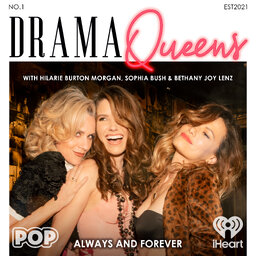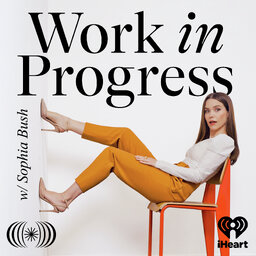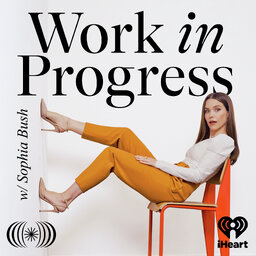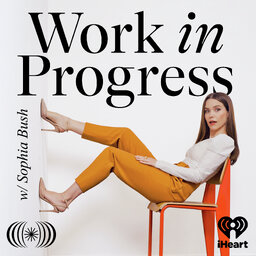Work in Progress: Ben McKenzie
Ben McKenzie not only survived the 00s but also the glare of the spotlight. The actor shot to fame as a troubled teenager in the mega-hit series The O.C., which debuted the same year as another teen drama, One Tree Hill.
Ben and Sophia share stories about what it was like being young and dealing with fame on their respective hit shows. Ben also opens up about being terrified of being put in the 'teen actor' box, being confused with his character, and meeting his wife, Morena Baccarin, on The O.C. set but not remembering!
Plus, Ben dishes about showing his 7-year-old daughter The O.C. and her reaction to the show, his childhood dream of being a football player and how he ended up acting instead, and what inspired him to write the book, "Easy Money: Cryptocurrency, Casino Capitalism, and the Golden Age of Fraud."
 Work in Progress with Sophia Bush
Work in Progress with Sophia Bush



